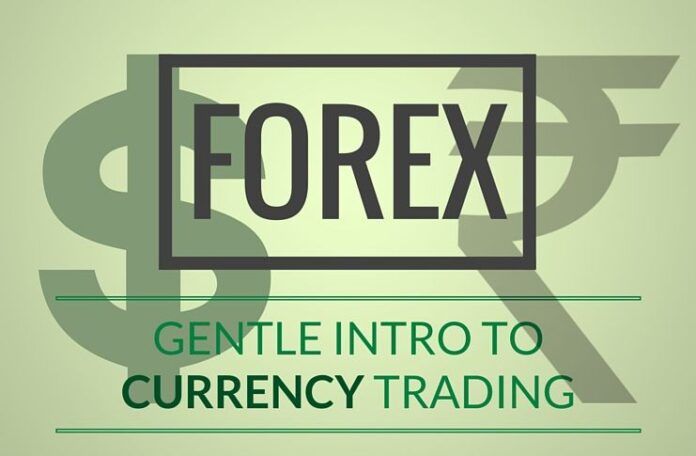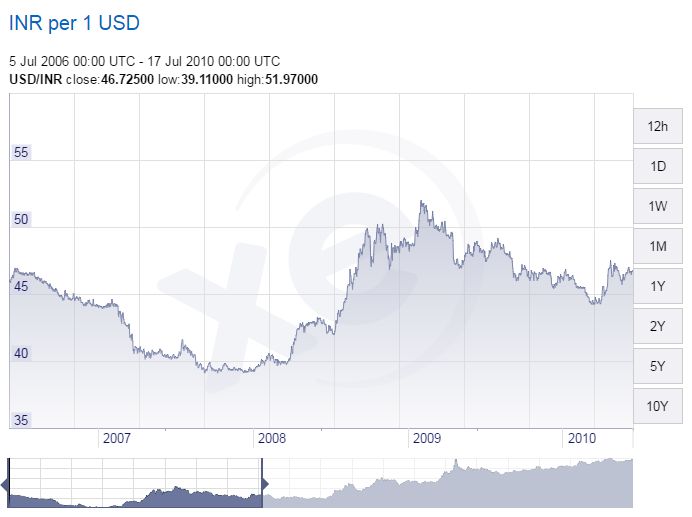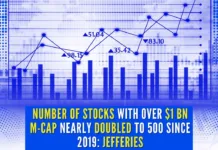
Many of you may be familiar with the Stock Market and how you can buy and sell stocks. Some of you may also know the Options market, where you can trade on the future price of a stock and make a call (to buy at a set price) or put (to sell if the price reaches a threshold, typically lower than the current price). This post is not about Stocks and Options but rather about Currency trading, which is relatively new.
Thanks to the Internet, Foreign Currency trading (FX, Forex) has become the largest financial market in the world. It is relatively unfamiliar terrain for retail traders and took off when internet trading became popular. Till a few years ago, FX was primarily the domain of large financial institutions, multinational corporations, and secretive hedge funds.
How is Forex market different from other markets?
Unlike stocks, futures or options, currency trading does not take place on a regulated exchange. It is not controlled by any central governing body, there are no clearing houses to guarantee the trades and there is no arbitration panel to adjudicate disputes. All members trade with each other based on credit agreements. Essentially, business in the largest, most liquid market in the world depends on nothing more than a metaphorical handshake.
At first glance, this ad-hoc arrangement must seem bewildering to investors who are used to structured exchanges such as the NYSE or NSE. However, this arrangement works exceedingly well in practice; because participants in FX must both compete and cooperate with each other, self-regulation provides very effective control over the market.
Where is the commission in forex trading?
Investors who trade stocks, futures or options typically use a broker, who acts as an agent in the transaction. The broker (even online trading sites have one) takes the order to an exchange and attempts to execute it as per the customer’s instructions. For providing this service, the broker is paid a commission when the customer buys and sells the tradable instrument.
The FX market does not have commissions. Unlike exchange-based markets, FX is a principals-only market. FX firms are dealers, not brokers. This is a critical distinction that all investors must understand. Unlike brokers, dealers assume market risk by serving as a counterparty to the investor’s trade. They do not charge commission; instead, they make their money through the bid-ask spread.
What is bid-ask spread?
A bid-ask spread is an amount by which the ask price exceeds the bid. This is essentially the difference in price between the highest price that a buyer is willing to pay (bid) for an asset and the lowest price for which a seller (ask) is willing to sell it. For instance, if the bid price is $20 and the ask price is $21 then the “bid-ask spread” is $1. In real-life, the bid-ask spreads are a lot smaller.
Conclusion
Why are we talking about Forex? Think of this as a forerunner to a series of posts we will be putting out. Before we sign off, take a look at the chart below, especially in the period 2006-2009. The chart is the Rupee exchange rate vis-a-vis the Dollar. For those who think that the Rupee can never appreciate, the chart shows that the Rupee did indeed appreciate from ₹46.72 to a Dollar to ₹39.11 to a dollar in 2007. And thereby hangs a tale.

- NIA confiscates Pak-harboured Khalistani terrorist Lakhbir Singh Rode’s key aide’s land in Moga - April 19, 2024
- Prime Minister Narendra Modi: A Gujju businessman who does not invest his precious time for a losing battle - April 13, 2024
- NIA arrests two accused Shazib and Taahaa in Bengaluru’s Rameshwaram Cafe blast case from Kolkata - April 12, 2024











Very well explained by both articles. even an old man like me could understand . Thank you so much. Please do alert me as and when you publish further articles on the subject. Thank you so much.
Part 3 of this series – https://www.pgurus.com/smes-faced-major-challenge-part-3-forexderivativescam-series/
Nice introduction for the uninitiated.
Making the shift or rather adding Currency
Trading besides other options needs to be encouraged.
Waiting for Part 2
Already online at https://www.pgurus.com/rupee-fluctuations-2007-08-part-2/